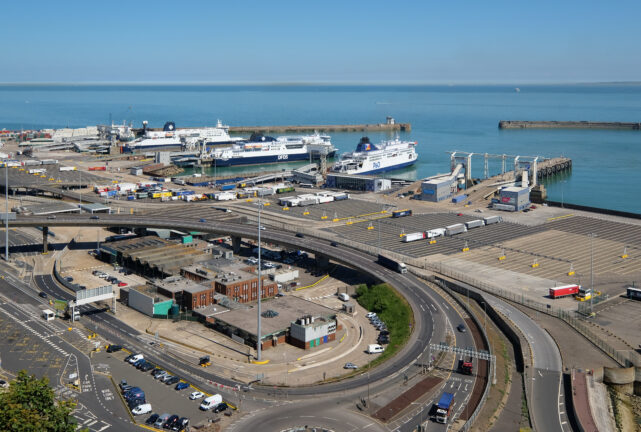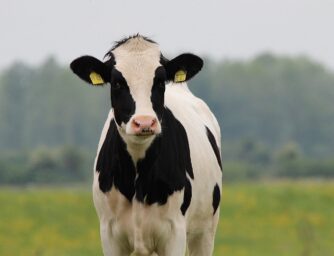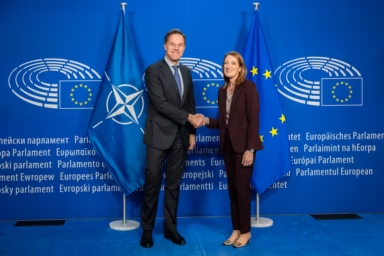The planned agreement between European Union and the United Kingdom is to remove most cross-channel border checks on plant and animal products on the condition EU standards are met. The deal could come into effect already in early 2026. British authorities hope that it would help to lower food prices.
The Commission outlined a plan to open negotiations between the EU and the UK on a common sanitary and phytosanitary area was on Wednesday, 16 July. It is part of the broader ‘Brexit reset talks’, accelerating after the May EU-UK summit . EU and UK officials hailed the meeting as “a new chapter in the relationship between the United Kingdom and the European Union.”
The summit marks a new chapter in the relationship between the United Kingdom and the European Union. – António Costa, President of the European Council
The agri-food deal should remove most cross-channel border checks on plant and animal products traded between EU and UK. It includes the politically sensitive maritime inner-UK border separating Great Britain and Northern Ireland. Expectations are high especially on the UK side as London hopes that once in effect the deal would contribute to considerable drop in food prices. British customers could also enjoy an increased choice on shelves.
UK trade associations have repeatedly reported that the current border regime causes uncertainty and imposes considerable costs on British businesses.
Emission trading systems to interconnect
Brussels has also published a draft mandate on linking the UK’s and EU’s emissions trading systems (ETS). Member states must approve both the agri-food and ETS proposal.
Negotiations on emission trading systems are also moving forward fast as on 1 January, 2026, the EU’s carbon border tax (CBAM) is due to launch. The ETS linkage would help British businesses to avoid CBAM. London estimates that the EU’s carbon tax – in case it would come fully in effect – would cost UK £800 million annually.
You might be interested
Sectors covered by linked ETS should include electricity generation, industry, domestic and international maritime transport, and domestic and international aviation.
Though talks on ETS linkage may not fully conclude before January 2026 cliff-edge, London would definitely seek to bridge any time gap, probably through a sort of temporary arrangement. Avoiding CBAM is especially important for UK’s heavy industry. That includes steel industry which has been loosing ground over the past years resulting in job losses and calls for state bailouts.










